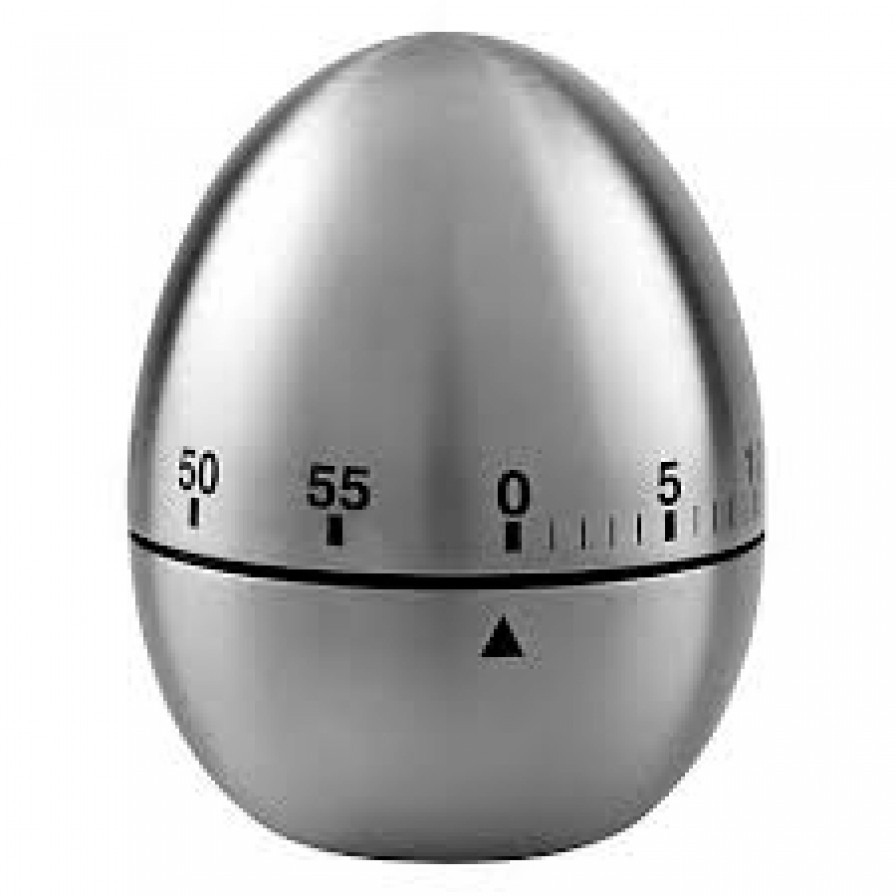The Smart Guide to Making More Time for Music

We all know that there is never as much time for making music in schools as we would like, and the problem seems to be getting worse. Curriculum time for music is being squeezed as never before.
We all know that there is never as much time for making music in schools as we would like, and the problem seems to be getting worse. Curriculum time for music is being squeezed as never before.
In primary schools, music may be marginalised or in the worst cases, may be left off the curriculum completely. Singing in assemblies and producing the odd show is a convenient smokescreen. Whole class instrumental learning may or may not address important music curriculum issues.
In secondary schools, teachers are finding they are often being asked to ‘carousel’ music provision with other performing arts subjects, KS3 is being squeezed into a two year programme, double lessons become single lessons and so on.
Of course, extra curricular provision addresses this to some degree, for some students, but only those who can sing or play in ensembles which the school is able to offer.
This problem of having so little time is compounded and exacerbated by having to work with so many children. The time constraints make it a tough challenge to adequately address their particular musical needs and enthusiasms.
How to address these challenges?
Well of course, committed music teachers will always fight their corner and hold out for as much curriculum time as possible, but this strategy alone does not always ensure adequate amounts of time. However, the BIG positive we can work with is that most kids like music, and are prepared to give significant amounts of their own time to working with it. This is not the case for chemistry or geography departments.
So, how do we help and encourage students to make the most of musical opportunity outside of lesson times? How to we provide or signpost engaging and rewarding activities which are going to reinforce and complement classroom based work? After all, there is only so much time a music teacher can give outside of lesson times.
Here are some tried and tested suggestions:
- online provision. Stuff that students can access anytime, any place. This includes:
- online lessons which the teacher devises, including simple video demos, which are so easy to make these days.
- Signposting online provision from providers such as coursera, Open University etc
- Making the most of BBC provision, including the new BBC Learning materials, listen again radio such as the wonderful Charles Hazlewood commentaries.
- Spotify and YouTube playlists
- Of course, we also want students to be actively engaged in music making, so consider making some of your space available after school as a rehearsal space which students can hire for their own music making. This is the most valuable resource any department has – dedicated space for making music. Exploit it fully!
- Cloud based music software, which can be accessed from school or home can help with continuity, and can be low cost or even free. Look at some of the provision from Music First to see the possibilities
- Your local hub provider, but don’t wait for them to come to you. Hubs tell me that getting into a school music dept can be like getting into Fort Knox for a music service! Use them as a way to link to their hub partners, which now complement the pathways offered by the music service lead partner. Organisations such as orchestral outreach projects and community music groups have a cost implication, but these organisations are often adept at leveraging funding if school can offer in kind support. And, of course, SLT are usually supportive if there is a PR angle. e.g. photos for their newsletter.
- To see how other schools bring in this additional provision, look at some of the case studies and stories on the websites of Youth Music, PRSF, Arts Council and others.
- Finally, give older students and local college students opportunities to mentor and support younger ones. My own career in music began when at school I set up a guitar school – three of us teaching small groups informally in lunchtimes, after school etc.
Not all children will want to use their precious spare time for music making and we need to accept and respect that. Some will want to prioritise other interests. However, the pointers given above could go some way towards increasing potential provision without significantly impacting on teacher workloads. Please share your thoughts and comments…..
